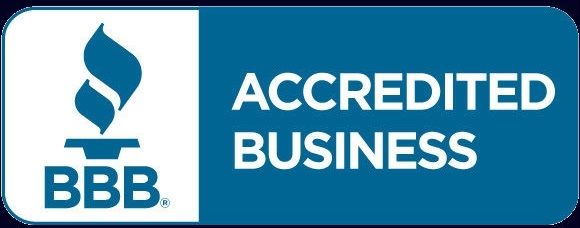5 Economic Terms: A Guide to Better Financial Insight
Abby Jordan | Aug 12 2025 14:37
Economic jargon in the news can often feel overwhelming, especially when you're trying to make informed decisions about your financial future. This guide breaks down five key economic terms frequently referenced in market updates and policy discussions. Understanding these terms can offer useful context as you shape your financial strategies and goals.
Consumer Price Index (CPI)
The Consumer Price Index (CPI)
is a measure that tracks the average price changes paid by urban consumers for goods and services. As a primary measure of inflation, changes in the CPI can significantly impact purchasing power over time. When the CPI rises, it indicates that goods and services are becoming more expensive, which can erode consumer purchasing power if wages do not increase at the same rate.
10-Year Treasury Yield
The 10-Year Treasury Yield
is a key benchmark for interest rates. Rising yields often indicate expectations of inflation or economic growth, while falling yields typically signal economic uncertainty or expectations of slower growth. Monitoring the 10-Year Treasury Yield can provide insights into where the economy might be headed and the potential impact on loan rates and investment returns.
Producer Price Index (PPI)
The Producer Price Index (PPI)
tracks price changes from the perspective of sellers, making it a leading indicator of inflation. When production costs rise, companies may pass these costs on to consumers, resulting in higher consumer prices. Keeping an eye on the PPI helps anticipate these potential cost increases before they show up in consumer prices.
Consumer Sentiment Index
Compiled by the University of Michigan, the Consumer Sentiment Index
measures attitudes toward personal finances, business conditions, and spending plans. Unlike the Consumer Confidence Index (CCI), which also gauges economic optimism, the Consumer Sentiment Index provides a more detailed look at how consumers feel about their economic circumstances and tendencies in spending, which can offer predictive insights into consumer behavior.
Consumer Confidence Index (CCI)
Released monthly by The Conference Board, the Consumer Confidence Index (CCI)
measures optimism about the economy and personal finances. High consumer confidence typically boosts spending, which in turn spurs economic growth. Both the CCI and the Consumer Sentiment Index offer insights into consumer behavior, but while the Sentiment Index captures detailed attitudes, the CCI provides a more general economic outlook.
Staying informed about these economic indicators can be incredibly valuable. With this foundational knowledge, you can better understand market shifts and evaluate your personal financial decisions more confidently. Revisit this guide whenever economic headlines become confusing, and share it with friends or family who might also benefit from the insight.

